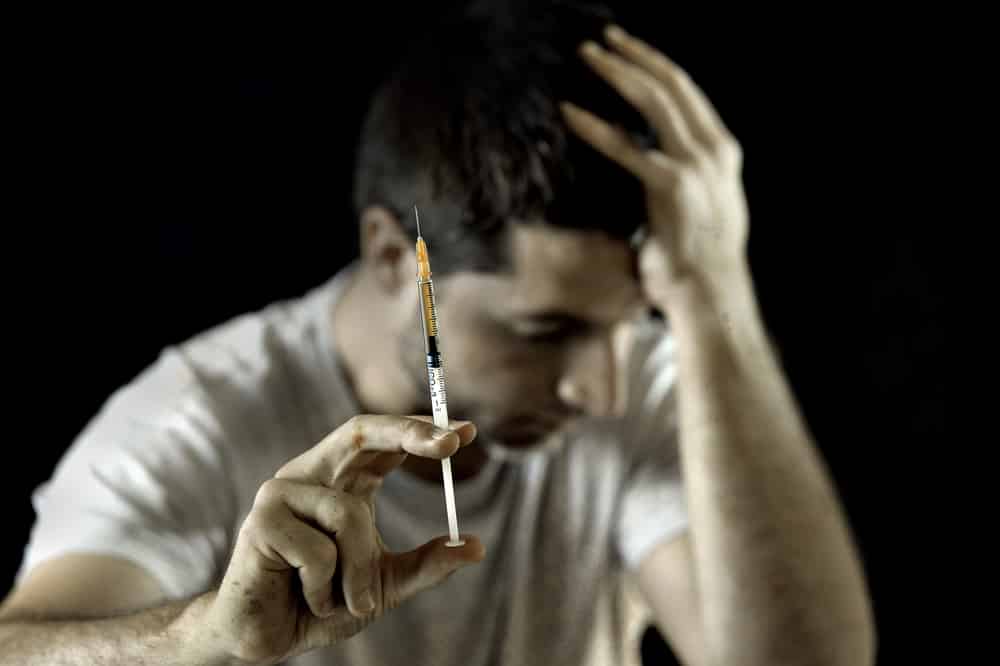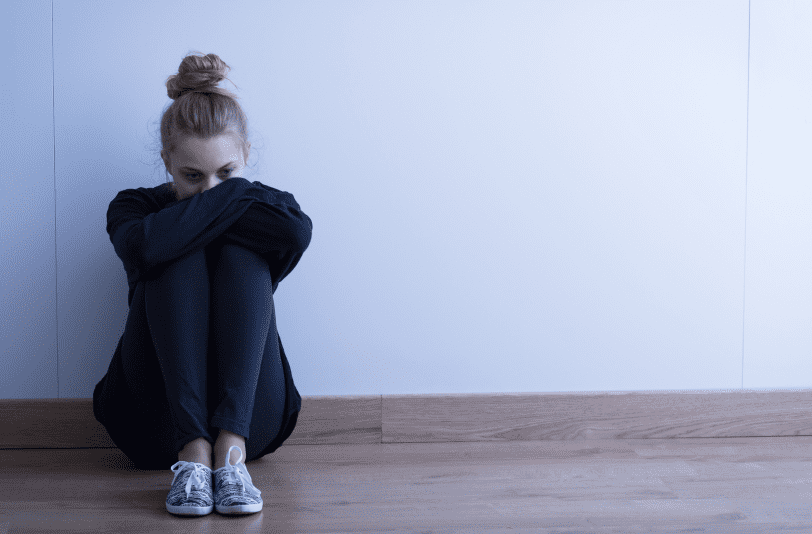Heroin is the most abused, highly addictive drug on the street today. It can cause several health problems and addiction. Because of this, many people have become curious about whether or not heroin has been known to cause anxiety. This is why it’s important to know what heroin is, how it affects you physically and mentally, and ways that this addiction can be treated.
What is Heroin?
Heroin is a drug derived from the poppy plant. It gets its name from the Greek word for “hero” due to its reputation as a panacea of pain and suffering. Heroin is considered a Schedule I drug according to the U.S. Drug Enforcement Administration (DEA). This means it’s considered to be the most dangerous and addictive substance in the world. Heroin is also called diacetylmorphine, “H,” “diac,” “hill,” or “China white.”
Heroin is an opioid, which means it affects the central nervous system. Other types of opioids include painkillers like oxycodone, morphine, codeine, and fentanyl. Heroin is often mixed with black tar heroin, which is called “brown.” Black tar heroin is mixed with any number of other chemicals like glucose, starch, talcum powder, and other additives. Heroin can be injected, snorted, or smoked.
Effects of Heroin
Heroin can have a variety of effects on the body. It is a depressant drug. When heroin enters your brain, it blocks the brain’s desire to give you dopamine, which you need to feel happy. Lack of dopamine results in feelings of depression and a general feeling of unhappiness. Heroin also slows down your breathing, heart rate, and digestion. This can make you feel faint or lightheaded. Because of this, it is sometimes referred to as a “narcotic” drug. Users may also experience low blood pressure, constipation, and a slow metabolism.
Heroin is extremely addictive and oftentimes fatal if addiction is left untreated. According to the CDC, drug overdoses involving opioids killed nearly 50,000 people in 2019 alone.
What is Anxiety?
Anxiety is characterized by feelings of fear, worry, and nervousness that can interfere with daily life. Depending on the type of anxiety a person suffers from, symptoms may vary. The most common types of anxiety include: Generalized anxiety disorder (GAD), Panic disorder (PD), Obsessive-compulsive disorder (OCD), Post-traumatic stress disorder (PTSD), Social anxiety disorder (SAD), and Phobias.
Although anxiety is a normal response to stress, it can be difficult to manage. Anxiety often comes on suddenly, without a clear trigger. As a result, it can be difficult to determine what is causing it. However, many people with anxiety report that it worsens when they experience stress or feel overwhelmed.
Heroin and Anxiety
While it is possible that anxiety can result from heroin addiction, it is not the cause of it. Heroin may make you feel anxious, but it does not cause anxiety itself; it is simply a side effect of the drug. This means that heroin is not the primary cause of your anxiety. Instead, it is possible that heroin could make you feel anxious because it makes you feel depressed.
This may seem counterintuitive, but it is because your body releases more serotonin when you are depressed. Serotonin is a chemical that helps regulate how your brain reacts to pain and stress. When your body releases more serotonin, it lessens the impact of anxiety on your brain.
Asheville Recovery Center Can Help
If you or someone you know is addicted to heroin, it is important to get treatment. This is because heroin addiction can cause several health problems, including overdose. If you or someone you love has overcome an addiction to heroin, it is important not to let your life fall apart. Heroin is highly addictive and life-threatening when abused; therefore, it is extremely important to seek help immediately if you or a loved one is struggling with this addiction. At Asheville Recovery Center treatment specialists utilize a 12-step program and practice holistic rehabilitation.
Addiction Treatment Services At Our Center Include:
Partial Hospitalization Program – At Asheville Recovery Center we offer a partial hospitalization program for clients who need post-residential treatment as well as for clients who need primary treatment but are unable to enroll in inpatient programs. Our PHP track offers a variety of therapeutic services and benefits to individuals in early recovery from substance addiction.
Outpatient Rehabilitation – During intensive outpatient treatment (IOP), clients live at home or in a sober living residence while completing an addiction treatment program. IOP is a place where clients can process their experiences in twelve-step fellowships and support one another in those individual journeys.
Addiction is difficult to overcome alone. If you feel that you or a loved one is struggling with heroin abuse, our specialists are on standby and ready to help. Call and speak with an addiction expert today.








